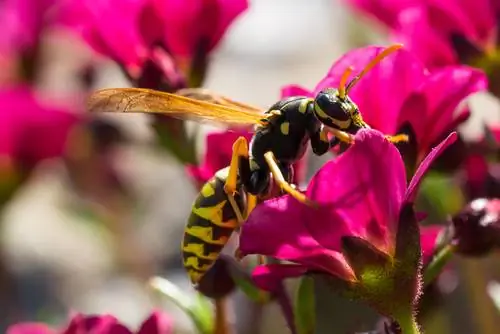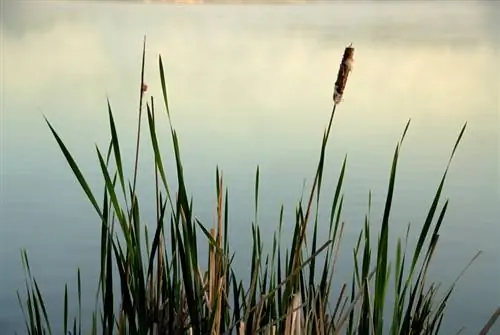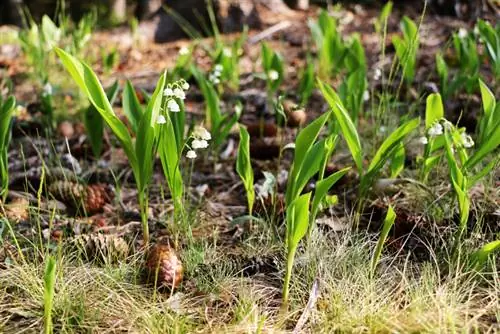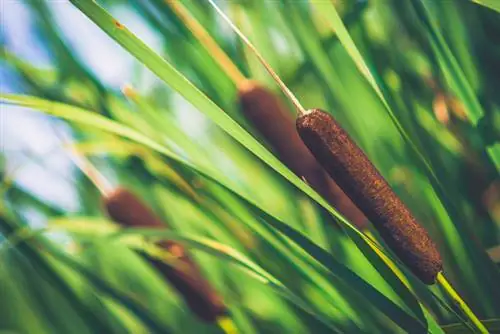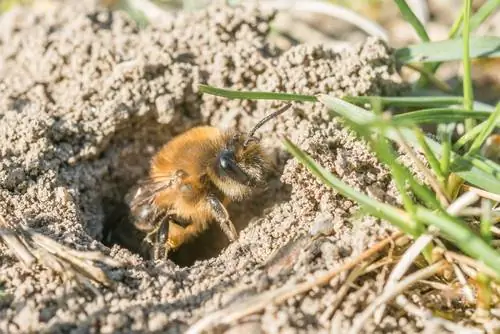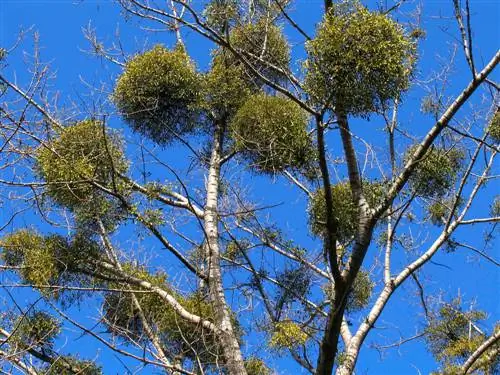- Author admin leonars@hobbygardeners.com.
- Public 2023-12-16 16:46.
- Last modified 2025-01-23 11:22.
In times when bees in particular receive a lot of attention due to their dwindling population, some people wonder whether other yellow and black striped stinging insects are also particularly protected. Are earth wasps part of this? Read on!
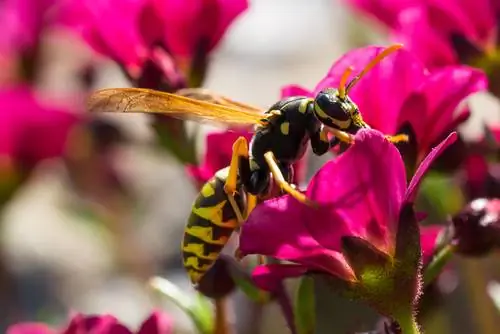
Are earth wasps protected?
Earth wasps are not generally protected. They are a common name for species of wasps that nest in the ground, such as the German wasp and common wasp. Only hornets, which can also be considered earth wasps, are under special species protection.
Earth wasps are not a species name
In order to clarify the question of species protection, it must first be made clear that earth wasps are not zoological species. It is a common name for wasps that nest in the ground. Wasp species that occur in this country sometimes do this, but not every year. These include the German wasp and the common wasp, and sometimes also the hornet. All of these species belong to the genus of real wasps. Depending on what they find, these species can also choose higher-up nesting places, such as roller shutter boxes or hollow tree trunks.
To remember:
- Common name earth wasps refers to wasp species that nest seasonally in the ground
- These include: German and common wasps and hornets
Who is under protection?
It is important to clarify whether an earth wasp species is legally protected before taking action against colonization in the garden or on the house. The Federal Nature Conservation Act stipulates five-figure fines in all federal states for the deliberate capture, disturbance or killing of protected wild animal species. Given the worrying decline in biodiversity on our planet, this is also urgently needed.
Of the wasp species that can be called earth wasps because of their temporary underground nesting habits, only hornets are under special protection. But even if you identify a colony of German or common wasps in your garden, you should avoid taking any radical control measures. The following reasons speak for this:
- Wasps are pest-killing beneficial insects in the garden
- Active confrontation is very dangerous
- The wasp colony only lasts from spring to autumn anyway
If you are unsure how to deal with the wasps, consult a specialist. Beekeepers or employees of nature conservation organizations can reliably identify species and, if necessary, initiate measures to remove the animals, usually in the form of nest relocation. In the case of hornets, permission must be obtained before such an undertaking due to species protection. Reasons that make removal possible even for protected species could include a proven allergy to insect venom or small children living in the household.

